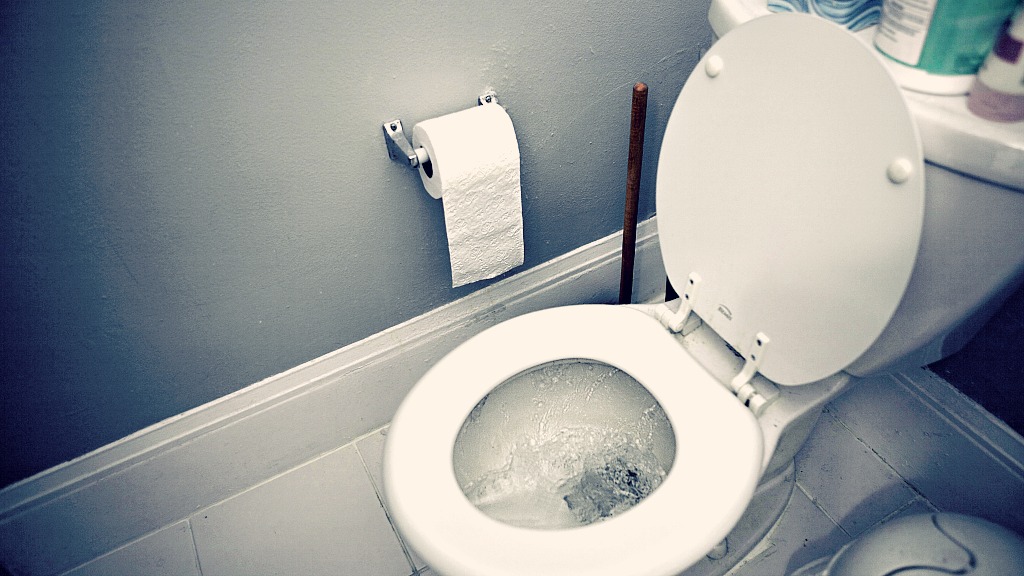World’s chillest billionaire Elon Musk announced this week that demand for his new energy storage devices is “crazy off-the-hook.”
According to Bloomberg Business, Musk’s new home- and utility-scale battery business, Tesla Energy, has already received about $800 million in reservations — an impressive number, given that Musk just unveiled Tesla Energy a week ago. But Bloomberg warns that, for now, it’s just a number:
Before anyone gets too excited, it’s important to note the biggest caveat: reservations don’t necessarily convert to sales. That’s especially true for the home storage batteries sold under the name Powerwall. Anyone can go online and place a reservation, years in advance, with no money down and no commitment to buy. To reserve a Tesla Model X vehicle, by contrast, requires $5,000 up front. Tesla declined to clarify what constitutes a “reservation” for a business or utility-scale project.
Still, the buzz is encouraging. Since the whole point of Tesla Energy is, essentially, to hurry us to the day we can all live in a solar-powered utopia, it’s good to know that the demand for said utopia is high enough to sell out these new batteries through mid-2016. (To their credit, utility companies have also been working on better batteries; they just haven’t had much success — they also lack the charisma of Musk, a.k.a. the real life Iron Man.)
Here’s a taste of what that $800 million number includes:
- The Powerwall home batteries designed to be paired with rooftop solar systems received 38,000 reservations, according to Musk’s comments during Wednesday’s earnings call.
- Some customers order more than one battery, with an average reservation amounting to somewhere from 1.5 to two batteries. Musk described the total demand as “more like 50,000 or 60,000” batteries in early reservations. Let’s call it 55,000 batteries.
- The Powerwall comes in two designs sold at different prices: $3,000 and $3,500 each. Let’s split the difference: $3,250 apiece.
- Total Powerwall Orders So Far: $178.8 million.
[…]
- Musk said the company has received 2,500 reservations for the commercial-scale batteries and that the typical installation comes with “at least 10 Powerpacks.” So that’s 25,000 units totaling 2.5 million kilowatt hours.
- Musk used Twitter last week to disclose pricing for the Powerpack at $250 per kilowatt hour.
- Total Powerpack Orders So Far: $625 million.
So most of the money has actually come from the commercial market. According to Bloomberg, Tesla has so far been working with Target, Amazon, Southern California Electrdic, and the Texas-based utility OnCor.
With such high demand, Musk said, Tesla could easily devote its entire Gigafactory — slated to open sometime next year, ahead of its original 2017 goal — to the storage devices. Unfortunately, he said, the company already promised two-thirds of the facility to electric vehicle batteries.
“We should try to make the factory bigger,” he added — probably with a wry smile and nonchalant shrug.
A bigger factory sounds great, Elon, but maybe keep the name Gigafactory — Yottafactory just doesn’t have the same ring to it.



